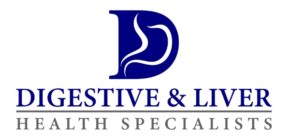Reduced Sodium Diet
Sodium is an essential mineral that performs vital functions in the body. Sodium plays a major role in fluid balance in the body.1 Sodium balance is necessary because excess sodium leads to extra water retention in the body, which may be problematic for those with high blood pressure and heart disease. In such patients, sodium […]
Reduced Sodium Diet Read More »

